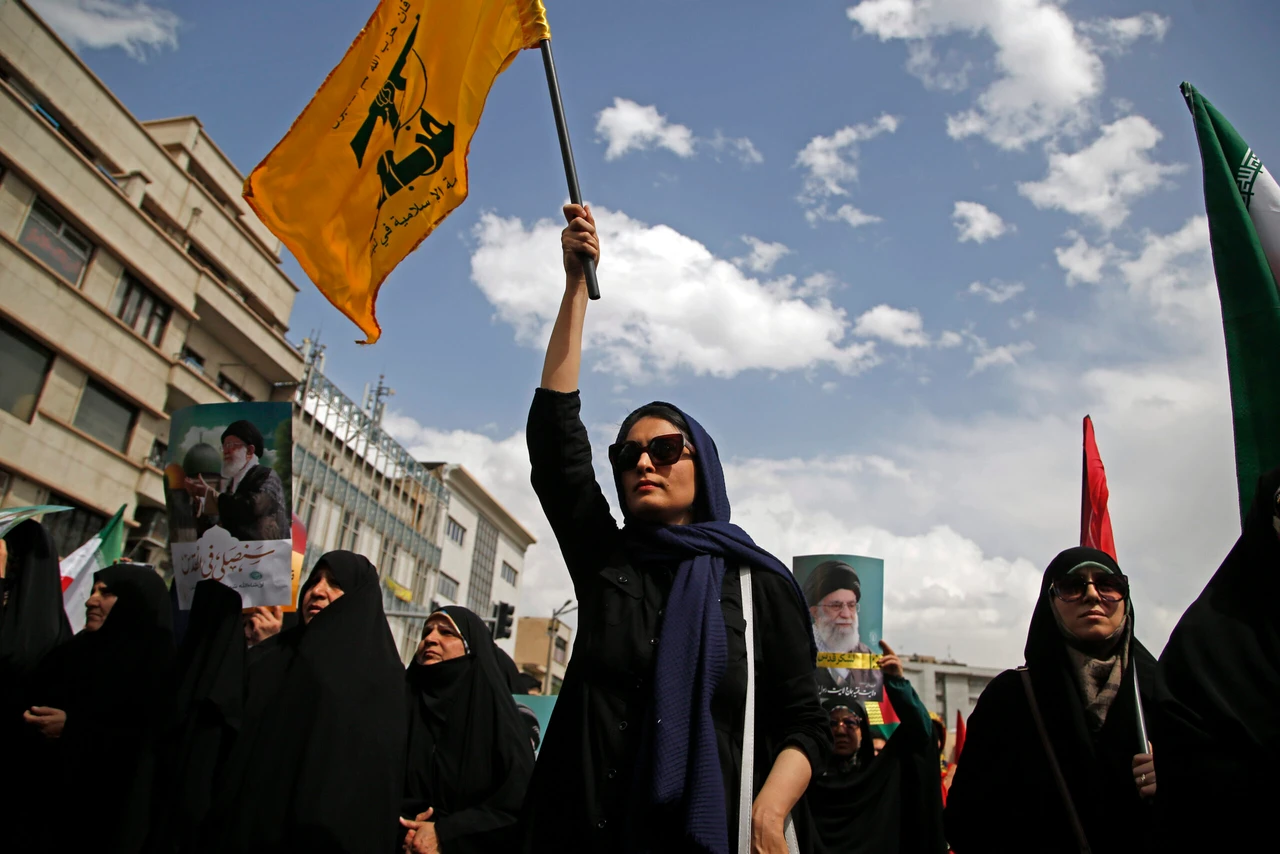Hamas leader Yahya Sinwar remains alive, US officials say
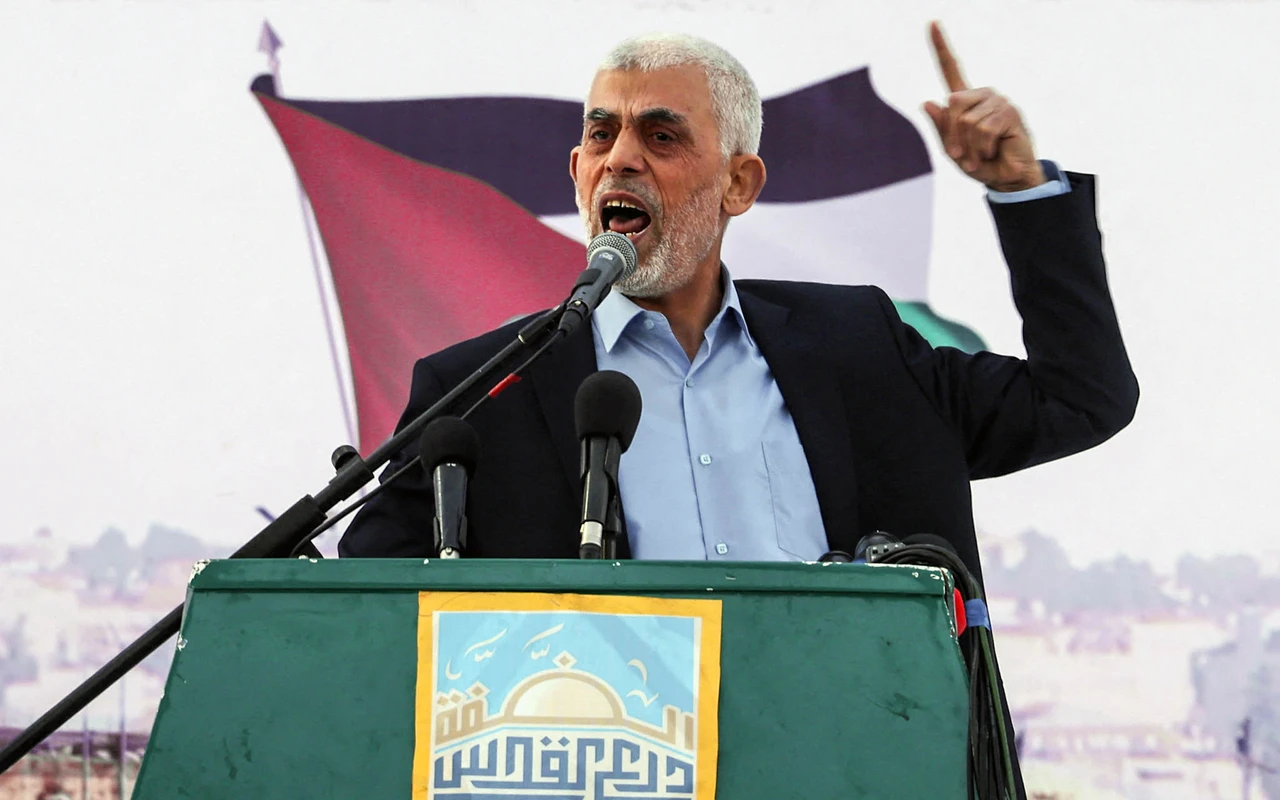 Hamas leader in the Gaza Strip Yahya Sinwar speaks during a rally marking Al-Quds (Jerusalem) Day, in Gaza City, April 14, 2023. (AFP Photo)
Hamas leader in the Gaza Strip Yahya Sinwar speaks during a rally marking Al-Quds (Jerusalem) Day, in Gaza City, April 14, 2023. (AFP Photo)
Hamas leader Yahya Sinwar is still alive and resisting cease-fire negotiations, U.S. officials confirmed. Sinwar’s outlook has become increasingly fatalistic since the onset of the war in Gaza.
Sinwar’s hardened stance, according to U.S. intelligence assessments, has frustrated ongoing negotiations to secure the release of hostages taken by Hamas during the Oct. 7 attacks on Israel.
American officials told the New York Times that Yahya Sinwar’s increasingly pessimistic outlook in recent months has obstructed meaningful progress toward a cease-fire deal with Israel.
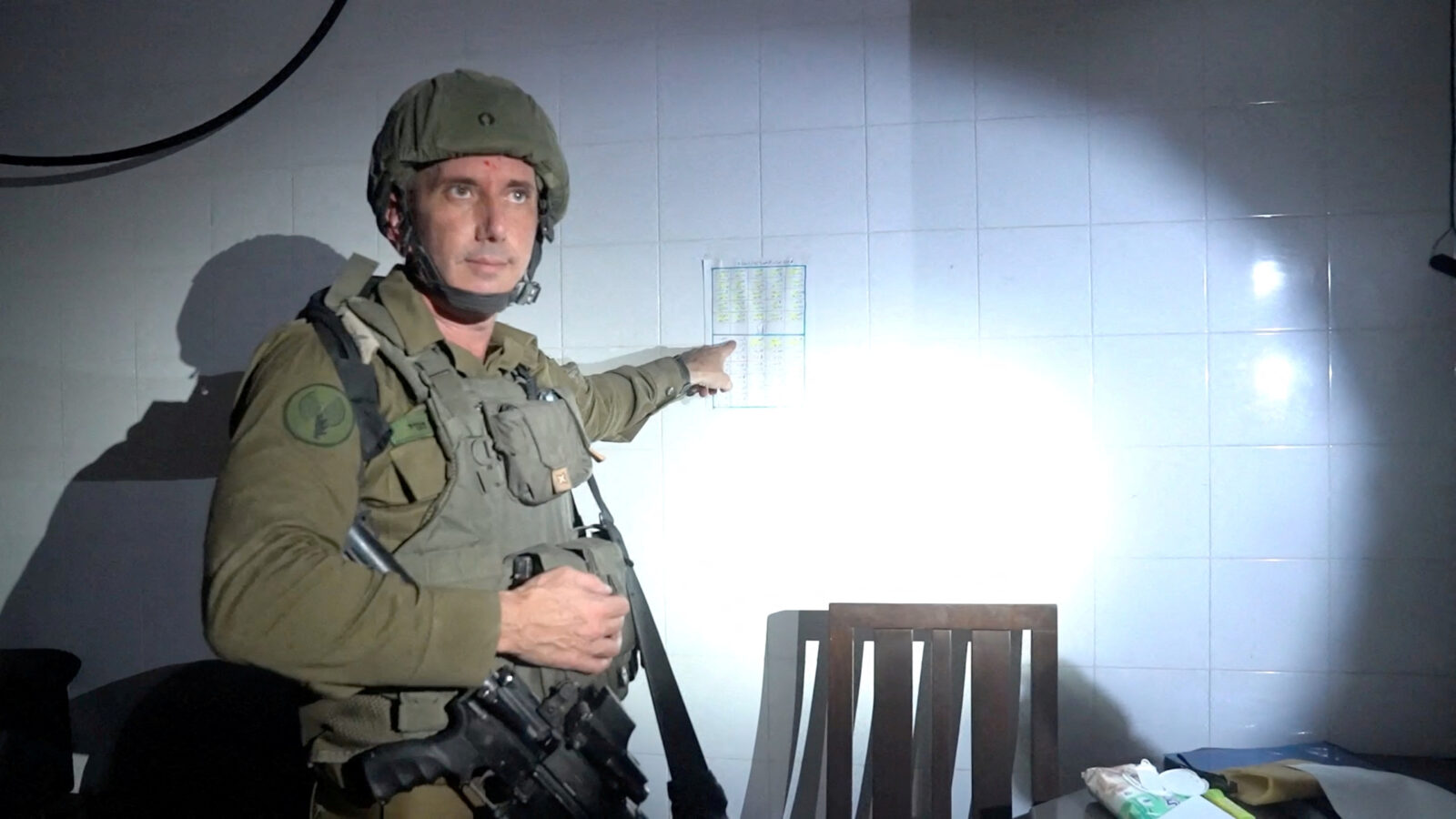
Sinwar’s fatalistic outlook
“Sinwar has long believed he will not survive this war, and this has negatively impacted any talks toward a cease-fire,” a senior U.S. official said. American negotiators now believe that Hamas, under Sinwar’s leadership, has no intention of reaching an agreement with Israel.
U.S. officials also noted that Israel’s Prime Minister Benjamin Netanyahu has rejected various proposals during negotiations, further complicating any potential deal. Netanyahu, they say, may be more focused on political survival than on finding a path to a cease-fire.
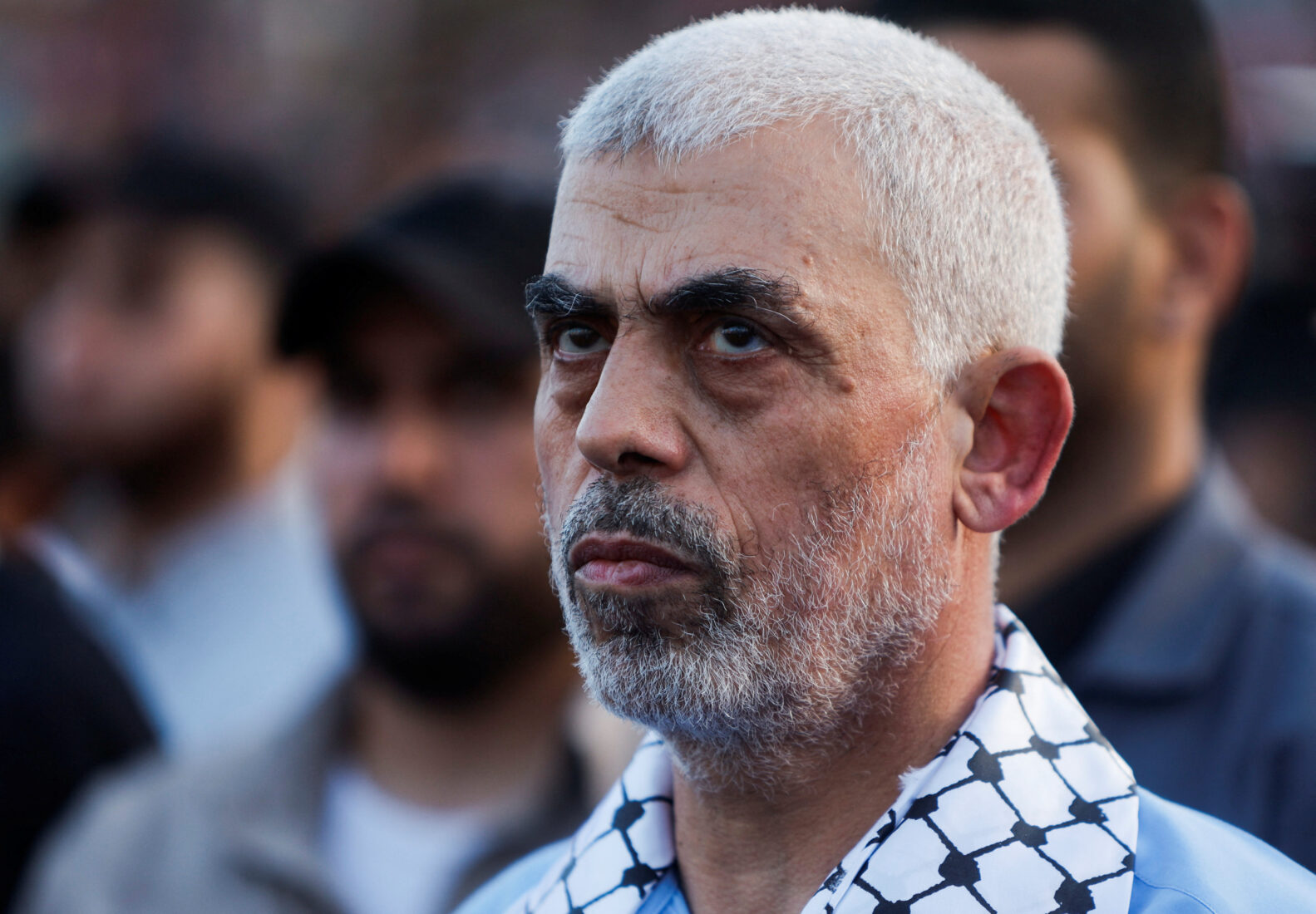
Israeli forces closing in
Israeli forces have ramped up their operations against Hamas, particularly in Gaza, where Sinwar remains in hiding. Despite Israel’s intensive efforts, U.S. and Israeli officials have confirmed that Sinwar is still alive and making decisions for the organization. His communication with Hamas has been strained, as he avoids electronic devices and relies on human couriers to transmit orders.
In August, Israeli forces reportedly came close to locating Sinwar in Gaza’s southern region, with Israeli Defense Minister Yoav Gallant noting that signs of Sinwar’s presence were found in the tunnel networks under Rafah.
“We found signs of Sinwar’s past presence in Tel Sultan,” Gallant told reporters, referencing the area where six hostages were believed to have been killed.
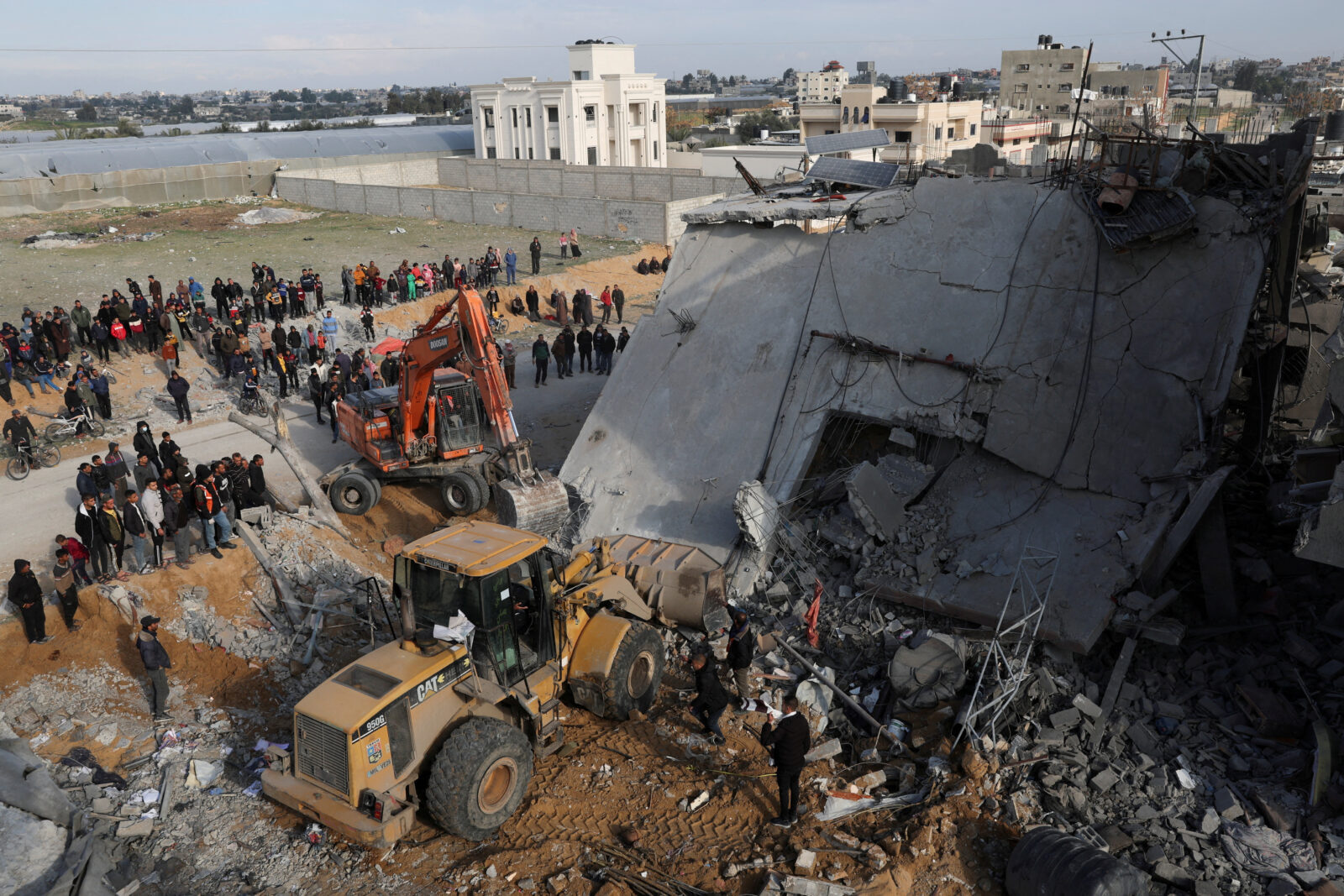
Lack of support from Hezbollah and Iran
Sinwar had hoped for greater support from Hezbollah and Iran, but U.S. officials say that neither group has meaningfully aided Hamas in its conflict with Israel. Hezbollah, while carrying out strikes in northern Israel, has avoided opening a new front, and Iran’s missile response to Israel’s recent killing of Hezbollah leader Hassan Nasrallah was largely ineffective.
“Sinwar miscalculated,” U.S. officials said. “He expected more pressure on Israel from its regional enemies, but so far, that has not materialized.”

Region on edge
Despite these setbacks, the conflict remains volatile, and U.S. officials are closely watching developments between Israel and Iran. While Iran continues to support Hamas, American intelligence suggests that Tehran is hesitant to engage in a full-scale conflict with Israel. However, Israeli and American officials are preparing for the possibility of further escalation if tensions between the two nations continue to rise.
Sinwar’s hope, U.S. officials said, is for a broader war that would ease the pressure on Hamas in Gaza. “The cavalry is not coming,” one senior U.S. official stated, summarizing Iran’s limited involvement in the conflict so far.


